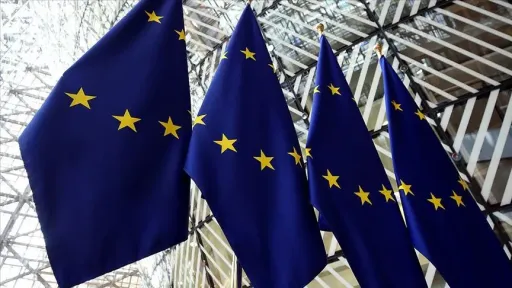US aim: Defuse Greek-Turkish tensions

Maintaining the peace between the two nominal NATO allies, Greece and Türkiye, at a time when both face important elections, is a priority for US diplomacy and what Secretary of State Antony Blinken hopes to achieve in his visit to both Athens and Ankara later in February.
Greece has been reassured by the US that Türkiye is not going to provoke an incident in the runup to the elections – parliamentary in Greece, both parliamentary and presidential in Türkiye – that will take place in the spring. But the aggressive rhetoric emanating from Ankara will continue.
Preventing Russia from achieving outright victory in Ukraine and maintaining NATO unity on the goal of containing Moscow is uppermost for the Biden administration. Türkiye has shown many signs of being an unreliable partner – the acquisition of the S-400 missile system from Russia, the refusal to outright condemn Vladimir Putin, the threatened veto on Sweden’s bid to join NATO, etc – while Greek-US relations and cooperation are closer than ever.
Yet, the last thing the Biden administration would like to see is a Türkiye drifting apart from the West. That is why it has been pushing for Türkiye to be given increased responsibilities within NATO’s command structure, such as command of the alliance’s mission in Kosovo, despite Türkiye’s designs to expand its influence in the region and its close ties with pro-Russian Serbia.
A week before Blinken’s visit, US Defense Secretary Lloyd Austin is expected to broker a meeting between Greece’s and Türkiye’s defense ministers, Nikos Panagiotopoulos and Hulusi Akar, on the sidelines of a NATO meeting in Brussels.
kathimerini







